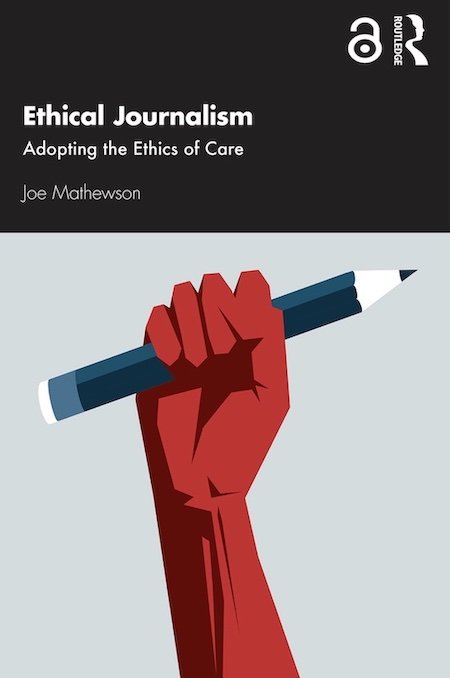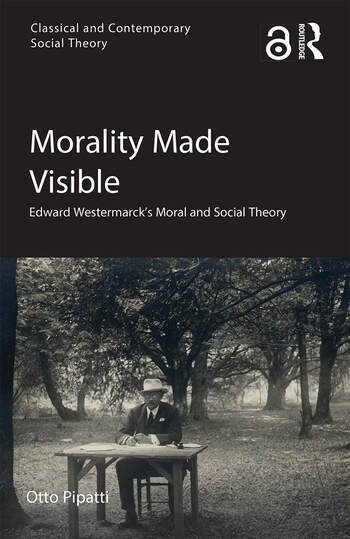By Otto Pipatti
While highly respected among evolutionary scholars, the sociologist, anthropologist and philosopher Edward Westermarck is now largely forgotten in the social sciences. This book is the first full study of his moral and social theory, focusing on the key elements of his theory of moral emotions as presented in The Origin and Development of the Moral Ideas and summarised in Ethical Relativity. Examining Westermarck’s evolutionary approach to the human mind, the author introduces important new themes to scholarship on Westermarck, including the pivotal role of emotions in human reciprocity, the evolutionary origins of human society, social solidarity, the emergence and maintenance of moral norms and moral responsibility. With attention to Westermarck’s debt to David Hume and Adam Smith, whose views on human nature, moral sentiments and sympathy Westermarck combined with Darwinian evolutionary thinking, Morality Made Visible highlights the importance of the theory of sympathy that lies at the heart of Westermarck’s work, which proves to be crucial to his understanding of morality and human social life. A rigorous examination of Westermarck’s moral and social theory in its intellectual context, this volume connects Westermarck’s work on morality to classical sociology, to the history of evolutionism in the social and behavioural sciences, and to the sociological study of morality and emotions, showing him to be the forerunner of modern evolutionary psychology and anthropology. In revealing the lasting value of his work in understanding and explaining a wide range of moral phenomena, it will appeal to scholars of sociology, anthropology and psychology with interests in social theory, morality and intellectual history.
Oxon, Abingdon, UK: New York; Routledge, 2020. 150p.




